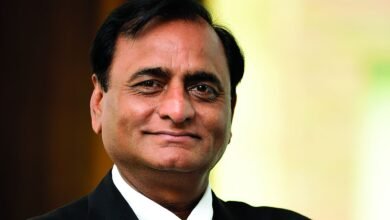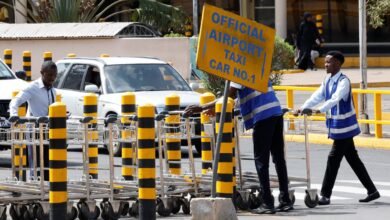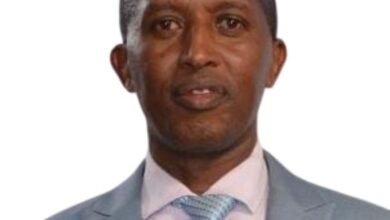
Kenya has secured a loan package of nearly Ksh.256 billion from the International Monetary Fund (IMF), which has raised many hues and cry over Kenya’s growing level of indebtedness.
The loan was approved by the IMF on March 2 and will see the National Treasury receive Ksh.33.7 billion immediately with another Ksh.44.2 billion set to be released by the end of June 2021.
According to Treasury Cabinet Secretary, Ukur Yatani, the balance of the loan will be disbursed every six months over a 38-month period, subject to reviews by the multilateral lender.

Speaking to Metropol TV, Amani National Congress (ANC) party leader, Musalia Mudavadi, the former Finance Minister, said the decision by the government to take up the facility was inevitable in light of Kenya’s present economic challenges that have seen the gap between revenue collections and expenditures widen owing to the economic downturn caused by the COVID-19 pandemic.
Mudavadi warned that Kenya could be in for tough conditions under the IMF that could range from raising of taxes to the scrapping of free services by the government.
He urged the national treasury to reveal what conditions the country could face in order to access the IMF facility.
“You may have an increase of taxes in certain sectors of society, this could take the form of increased VAT, Corporate tax, increase customs and import duties. It is important that the government prepared Kenyan people early by telling them what were the underlying issues.”
At the same time, parliament could now come under renewed pressure to raise Kenya’s public debt ceiling past the current level of Ksh.9 trillion shillings – a move that has in the recent past been met with resistance on the political front.
This is especially considering that Kenya’s debt level has already crossed the 8 trillion shillings mark.
“We have already seen signals from the treasury that they intend to appeal to parliament to increase the ceiling. We anticipate that there would a ceiling review by the parliament and that is why the parliament should be thorough when it comes to this undertaking.”
Limited Options
The former Deputy Prime Minister believes the government has few options, if any, to wriggle itself out of its current financial woes.
“At this point in time, government’s options are very limited. You have to stabilize first before you weigh other options. There has to be rescheduling, restructuring and some payments suspended to allow the government to stabilize so that more resources can be released into the economy other than paying public debts so that they can be released to private sectors to generate business.”
Mudavadi’s call comes at a time when a section of Kenyans has petitioned the IMF to stop lending Kenya.
But according to Mudavadi, the ongoing petition is valid, adding that it is not the first time Kenyans have made such a petition.
They can petition it is their right to raise issues. And this is not the first time. In the early 1990s Kenyans used to write to the IMF and the World Bank to tell them not to support the Kenyan government. But I would not support the situation where IMF walks out on Kenya, it would be very painful and very difficult.”
That said, the National Treasury is confident that the support from IMF will go a long way in mitigating the effects of the COVID-19 pandemic while aiding the government in the implementation of its recently approved budget policy statement which seeks to build back Kenya’s economic resilience after months of receding growth.





